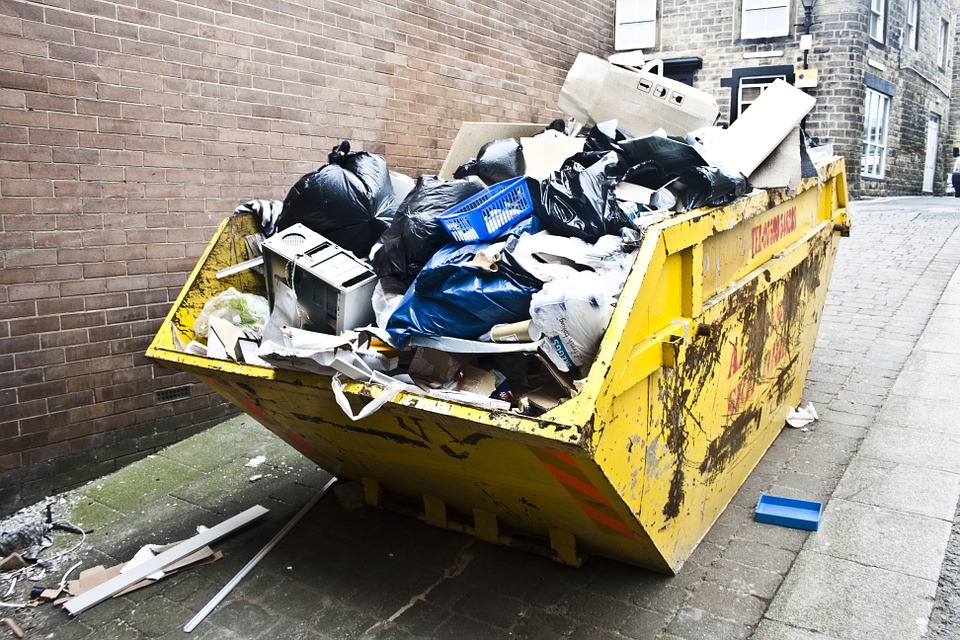
Presently, waste removal costs ratepayers about £2 billion yearly. Out of the 7 million tonnes of waste from London, only 52 per cent gets recycled yearly, with 37 per cent ending up in landfills or incineration centres. Almost a third of the entire waste is made up of plastic packaging and food wastes, including water bottles and coffee cups. Dry recyclables such as paper, plastics, metals, glass, and card make up about 60 per cent of the waste.
Additionally, about 50 per cent of residents in London lives in flats that don’t have enough storage space for recycling. With a diverse and transient population, it is difficult getting the message of recycling across, in addition to this, businesses have no requirement to provide recycling collection. Local authorities gathered about 3.7 million tonnes of waste in 2016 – large enough to fill up an Olympic size swimming pool. The level of recycling has dropped since 2010.
About 448 million tonnes of plastic was manufactured for the industrial, transportation, consumer, construction, and packaging companies in 2015. If this trend continues, the manufacture of new plastic materials in the next 35 years will require about 20 percent of petroleum production – a great increase from the 6 per cent required in 2014. In addition to that, about 80 per cent of the plastics produced end up sensitive locations. In fact, according to the United Nations, about 8 million tonnes of plastic wastes end up in water bodies yearly. By the time we get to 2050, the ocean will have more plastics than fish, by weight.
Solutions to the rubbish removal problems in London
Despite these challenges, it is important to implement measures that can drastically increase rubbish removal in London. Most people are aware of ways to recycle things such as aluminium cans and plastic milk jugs. However, how can we handle the other items that we just toss into the trash cans without a second thought? Below are some solutions to London’s recycling problems.
1. Light bulbs
Residents should never throw compact fluorescent light bulbs away because they contain some amount of mercury. There are lots of companies that make use of the drop off sites that responsibly recycles them. Companies such as Home Depot, Ikea and Lowes can get the job done efficiently.
2. Plastic wastes
The last thing that residents need to do with plastic bags is to throw them away because it can take thousands of years for them to be broken down in landfills. Rather, reuse them if possible. Even small plastic bags can be rinsed and reused. Since a lot of curbside recycling collection companies don’t accept them, you can take them to the grocery stores for recycling. A lot of grocery stores will accept most plastic bags, newspaper bags, cereal bags, and most types of plastic wraps. Ensure you check in with the store for further details.
3. Torn clothing
Most people at a point in their lives have given away boxes of good clothing to charitable or goodwill organizations. But what about tattered clothing or other items like bedding, towels or rags that are worn out and cannot be reused? Well, they can be taken to Goodwill also. But, the materials should not be contaminated with chemicals or be wet. Such clothing can be sorted and sold to other recycling companies, or used for sofa stuffing in furniture manufacturing companies.
4. Batteries
Because they contain heavy metals, batteries should never be disposed of in trash bins. When they end up in landfills, they can contaminate water and land. Rather, residents should responsibly recycle those materials. Only a few curbside recycling companies accept batteries. However, there are many full-service centres and retailers that will accept old batteries. Rechargeable Battery Recycling Corporation and Earth911.org provide online directories to help residents find recyclers of batteries in their locations.
5. Ink and printer cartridges
Every year, hundreds of millions of printer cartridges are used in London. Out of this number, about 70 per cent end up on landfills. Such cartridges are usually easy to refill and recycle. There are programs that even pay residents who turn in their old cartridges. Also, some online sources supply shipping for people who want to mail their old cartridges in exchange for some money.
The London Assembly Environment Committee examined how solutions to the problem of unsustainable waste management could be tackled by having a circular economy. According to the study, a circular model for waste in London could:
- Lower its waste to 60 per cent by 2041
- Make London carbon neutral
- Create up to 12,000 new jobs by 2030